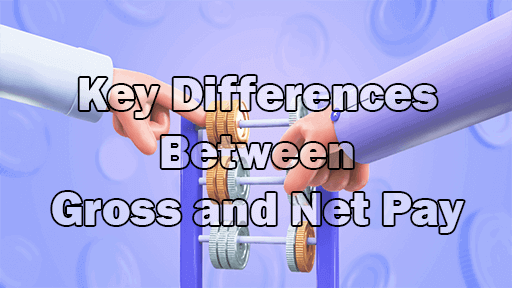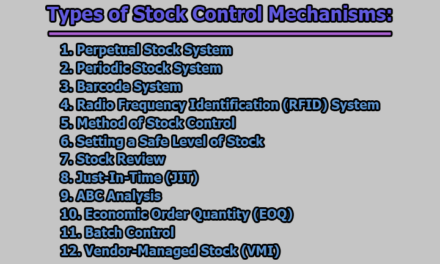Key Differences Between Gross and Net Pay:
In the realm of personal finance and employment, understanding the distinction between gross pay and net pay is crucial. These terms represent two essential facets of an individual’s earnings, and comprehending their dissimilarities is fundamental for financial planning and budgeting. Gross pay refers to the total earnings an employee receives before any deductions, while net pay is the amount an individual takes home after deductions and taxes. This differentiation is pivotal for employees, as it directly impacts their financial well-being and shapes their overall financial strategy. Here are some of the key differences between gross and net pay.
| Aspect | Gross Pay | Net Pay |
| Definition | Total earnings before any deductions and taxes. | The amount an individual takes home after all deductions and taxes. |
| Basis | Typically based on an agreed-upon salary or hourly wage. | Adjusted income after accounting for various deductions. |
| Taxes | Subject to federal, state, and local income taxes, as well as Social Security and Medicare deductions. | Reflects the actual taxable income after deductions for taxes. |
| Deductions | Excludes deductions such as income tax, Social Security, Medicare, health insurance, retirement contributions, and other withholdings. | Includes deductions like income tax, Social Security, Medicare, health insurance premiums, retirement contributions, and any other authorized withholdings. |
| Visibility | Appears higher, as it does not consider any deductions or taxes. | Reflects the actual income available to the individual, providing a more realistic perspective. |
| Stability | Generally stable and predictable, unless there are changes in salary or hourly rates. | Varied based on individual circumstances, tax code changes, and adjustments in deductions. |
| Budgeting | Not suitable for budget planning, as it does not represent the actual income available for spending. | Essential for budgeting, as it reflects the real disposable income, allowing for accurate financial planning. |
| Importance | Used for negotiations, loan approvals, and setting salary structures. | Crucial for managing day-to-day expenses, making financial decisions, and assessing affordability. |
| Transparency | Easy to calculate and understand without considering various deductions. | Requires careful consideration of various deductions and taxes for accurate calculation. |
| Financial Planning | Not ideal for creating a realistic budget due to exclusions. | Provides a realistic basis for financial planning by accounting for all deductions and taxes. |
In conclusion, the disparity between gross pay and net pay underscores the importance of understanding the complete financial picture. While gross pay may initially seem more appealing, it is the net pay that truly influences an individual’s financial health. Recognizing the deductions and taxes that impact net pay empowers individuals to make informed decisions about budgeting, savings, and overall financial planning. As employees navigate their careers and personal finances, a clear comprehension of the differences between gross and net pay is indispensable for achieving financial stability and success.

Library Lecturer at Nurul Amin Degree College










